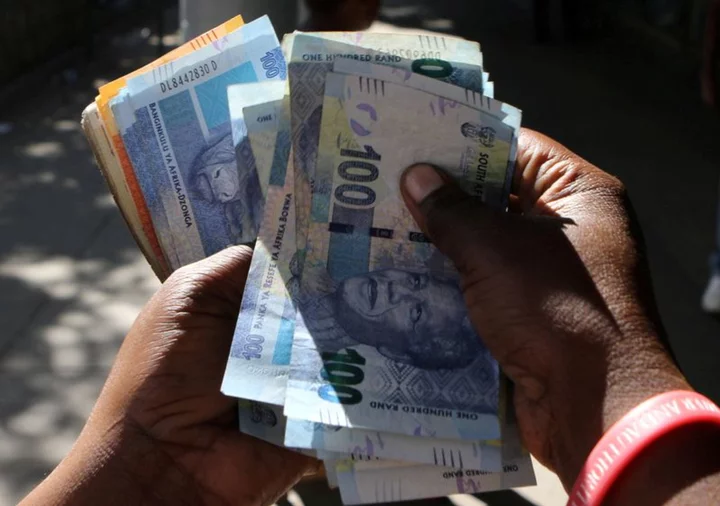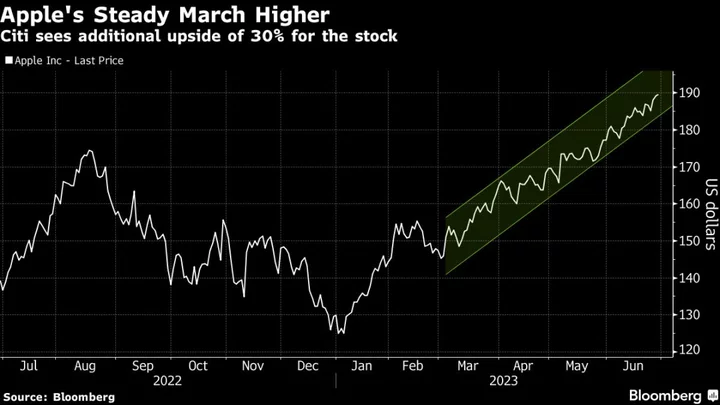Philippine President Ferdinand Marcos Jr. has suspended the implementation of a law creating the country’s first sovereign wealth fund as one of the state-run lenders providing capital sought regulatory relief from the central bank.
The heads of the Bureau of the Treasury and the two state banks mandated to provide initial capital to the Maharlika Investment Fund were directed to suspend the implementing rules of the law “pending further study,” according to a memorandum by Executive Secretary Lucas Bersamin dated Oct. 12 and released on Wednesday.
Marcos wants to “study carefully” the rules “to ensure that the purpose of the fund will be realized for the country’s development with safeguards in place for transparency and accountability,” Bersamin said.
The setback is a potential blow to one of the Philippine leader’s key priorities and early legislative win. The law creating the Maharlika Investment Fund was signed into law in July, less than a year after the bill was introduced in Congress. The rules required to implement it was issued by the Treasury bureau on Aug. 28.
Marcos’s decision comes days after the Development Bank of the Philippines said it requested the central bank to include its 25-billion-peso ($440.57 million) contribution to Maharlika in computing its required capital.
The state-bank’s request for regulatory relief revived criticisms that the wealth fund plan was ill-timed and will make more sense when the government has turned in a budget surplus. The Philippines envisioned the wealth fund to pool money from state banks and government-controlled corporations and invest these in currencies, bonds, equities and infrastructure projects.
Land Bank of the Philippines has remitted its share of 50 billion pesos to the seed capital of the wealth fund, the Inquirer reported last month.
As for Development Bank, “we need to check if it should be remitted back or if it still stays with the Bureau of the Treasury,” President and CEO Michael de Jesus said in a mobile-phone message on Wednesday when asked about the status of the funds.
On Oct. 11, or a day before Bersamin issued the suspension memorandum, Marcos approved an executive order dropping the required percentage of net earnings to be remitted by Land Bank to the national government to zero from 50%.
Finance Secretary Benjamin Diokno, who’s one of the supporters of the wealth fund, in August said the government has secured close to $2 billion worth of financing for it and that it was set to start operations by the first quarter of 2024.
(Updates with details of memorandum, background.)
Author: Manolo Serapio Jr.









